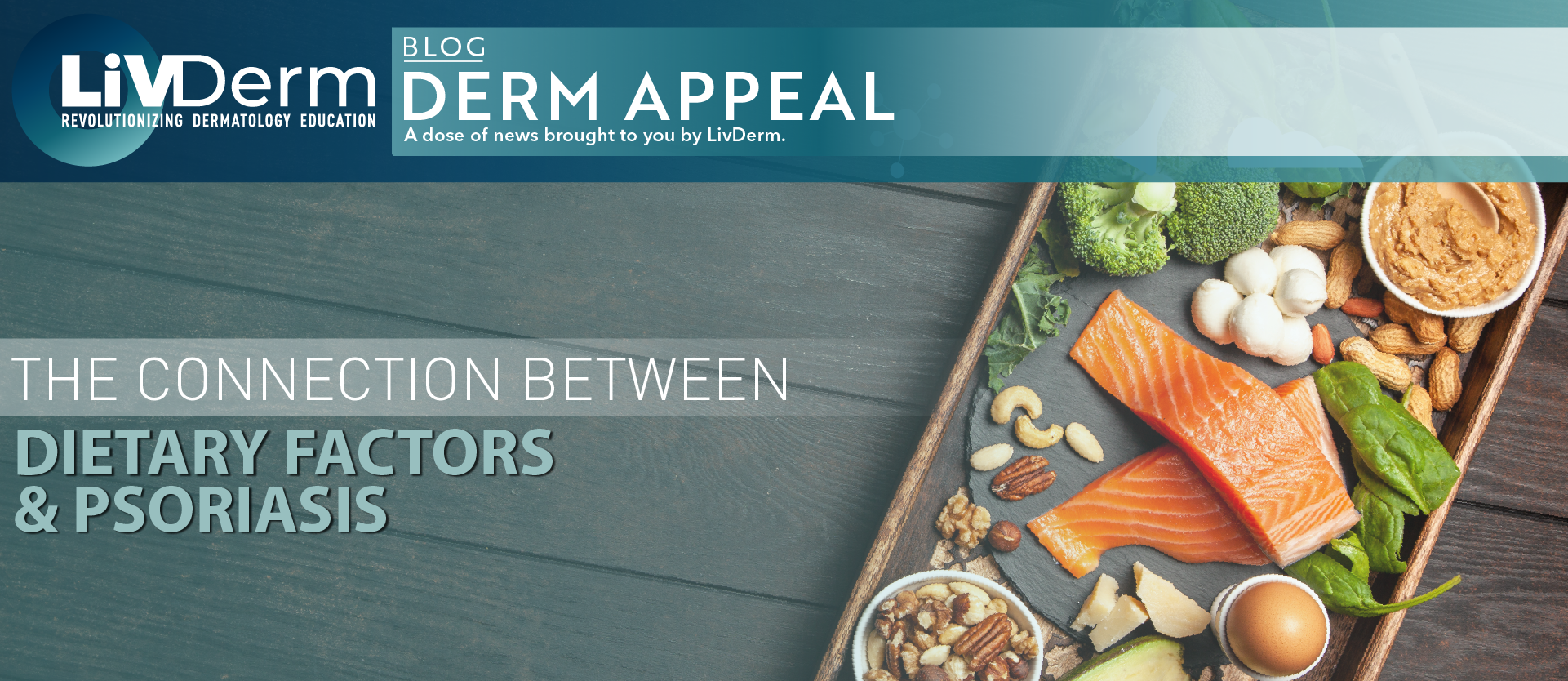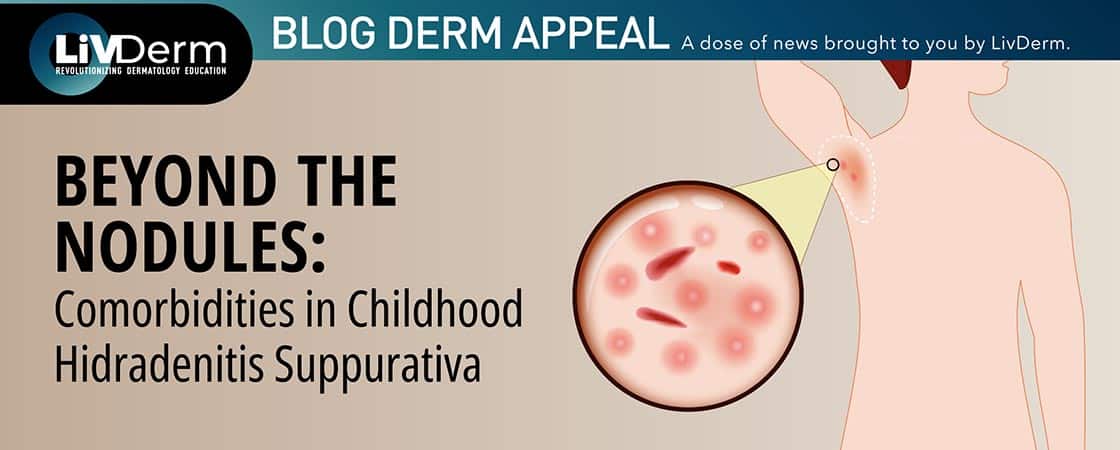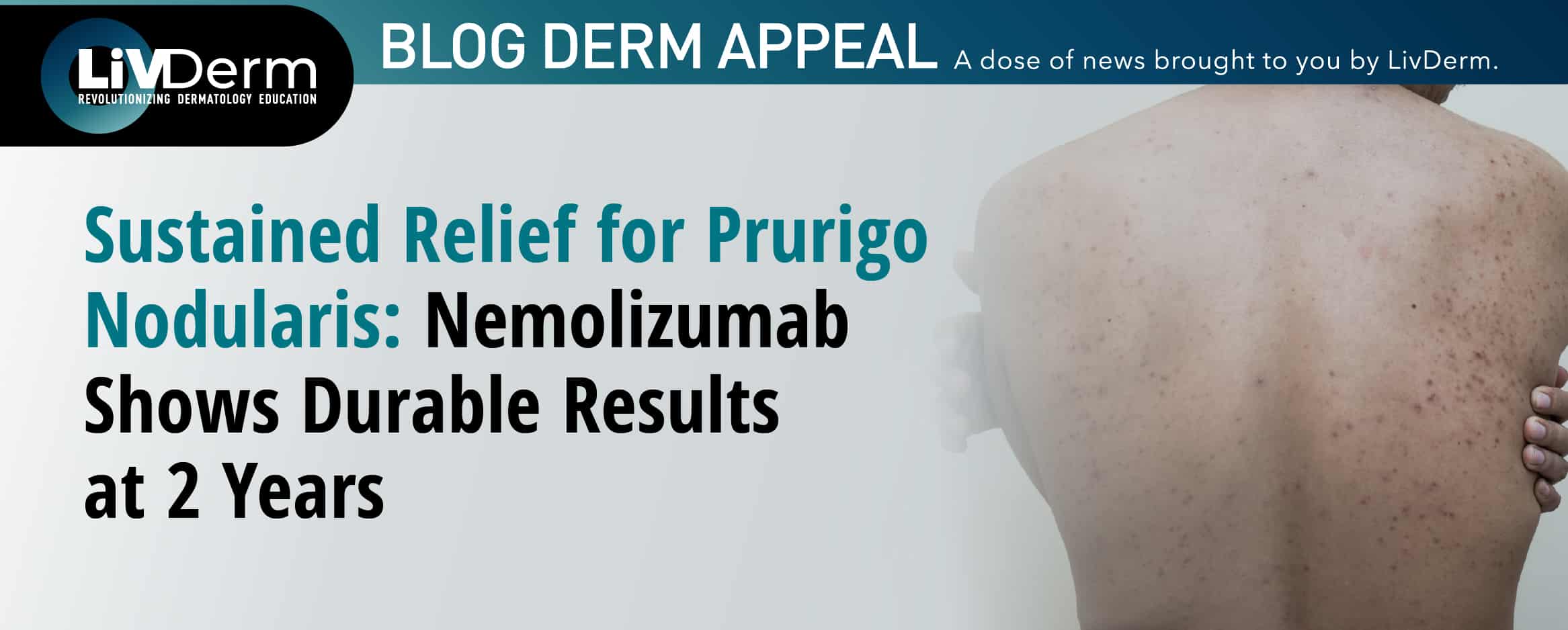Today, it is estimated that psoriasis affects up to 125 million people worldwide. Treating and managing the condition is primarily focused on reducing the severity and recurrence of flare-ups, alleviating discomfort, and improving patient quality of life. While topical medications, such as corticosteroids, and biologics are the primary lines of psoriasis treatment and disease management other factors may influence disease severity, including patient nutritional patterns. The autoimmune disease can be triggered by many modifiable lifestyle factors – including stress, sunlight exposure, smoking, and alcohol consumption. Existing research implicates that nutritional interventions may have a protective effect on skin health, especially in the case of food-triggered symptoms.
Diet and Psoriasis
Prior studies have found that dietary modifications helped improve skin conditions in the majority of participants with psoriasis. Some of the most effective nutritional interventions included decreasing alcohol intake, reducing gluten and nightshade consumption, as well as increasing fish oil, vegetable, and vitamin D intake.
However, the research notes that improvements in symptoms were subjective and that not all dietary modification strategies were equally effective. In the cohort, less than 43% of participants noted improvements related to increasing vegetable consumption while 54% reported reducing alcohol intake to be beneficial.
In addition, a small-scale study found that lower antioxidant levels and higher levels of oxidative stress can be found in psoriasis patients as compared with participants without the skin condition. This suggests that an antioxidant-rich diet may help alleviate psoriasis symptoms by combating oxidative stress.
Additional research reports that consuming fried foods, added sugars, refined carbs, and processed meats can elevate markers of inflammation and thus, contribute to worsened psoriasis symptoms. Further, those with celiac disease or gluten sensitivity may have a higher risk of psoriasis; eliminating gluten in these individuals may be beneficial for reducing disease severity.
Psoriasis Detox Diets
As a dietary intervention, some patients may pursue so-called psoriasis detox diets which are meant to detoxify the body of toxins naturally, in order to improve skin health and alleviate symptoms. However, when not carefully monitored by a healthcare professional, these diets can be overly restrictive, unsustainable, and potentially dangerous.
Recommendations for following a psoriasis detox diet can vary, however, most rely on the elimination of known foods that trigger an inflammatory response. These include dairy, alcohol, red meat, added sugars, refined carbs, nightshades, fried foods, as well as gluten.
As part of a psoriasis detox diet, patients are advised to eat a variety of antioxidant and nutrient-dense foods, primarily fruits, vegetables, nuts, lean proteins, and seeds. Such diets are believed to eliminate toxins, enhance immune function, and cleanse the body thus, promoting optimal skin health. While it can be difficult to meet nutrient needs with such restrictive dietary patterns, some patients may benefit from a detox diet if their condition is triggered by the foods being eliminated. For all other patients, experts recommend following a healthy, well-rounded diet and removing potential trigger foods singularly for optimal results.
Other Dietary Interventions
Overweight and obese patients face an increased likelihood of developing psoriasis, while their symptoms also tend to be worse. A review conducted by the National Psoriasis Foundation that included over 4,500 psoriasis patients found that one strong nutritional intervention was beneficial – reducing caloric intake and managing weight in obese or overweight patients.
Encouraging weight loss in this group of patients may prove to reduce inflammation and thus, reduce disease severity.
In other patients, the consumption of a healthy diet may also be effective at minimizing psoriasis symptoms. A 2018 study published in JAMA Dermatology found that participants with psoriasis who consumed a Mediterranean diet experienced fewer and less severe disease flareups. This study was observational in nature and more research is needed to validate its findings. Nonetheless, a balanced diet filled with anti-inflammatory foods may have a protective effect against psoriasis symptoms.
Although currently available evidence is primarily observational and anecdotal, a growing body of research suggests the significance of the connection between nutritional habits and psoriasis development, severity, and symptom recurrence. Further research in this field is necessary to elucidate the nature of dietary triggers and to inform treatment and management techniques. In the meantime, patients with suspected or evident food sensitivities may benefit from eliminating these triggers from their diets to improve psoriasis symptoms. Meanwhile, psoriasis patients in general could see disease improvement with improved nutritional patterns and the incorporation of more anti-inflammatory and antioxidant-rich foods.

















